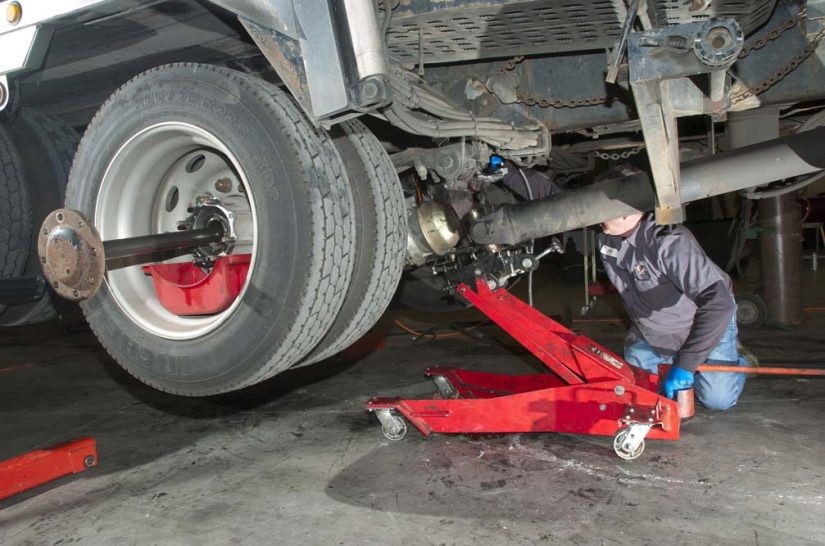
Survey: Fleets say efforts to move maintenance in-house improves productivity
A study conducted by CK Commercial Vehicle Research found that about a third of fleets that participated in the study improved productivity by an average of 14 percent when moving more maintenance in-house.
Moving fleet maintenance in-house can help trucking companies improve productivity, according to a recent study conducted by CK Commercial Vehicle Research.
The Fleet Productivity Gains and Losses Study found that about a third of fleets that participated in the study increased their productivity by an average of 14 percent by performing more maintenance in-house.
In total, 57 fleets ranging from small to large participated in the study. CK says the fleets operate more than 47,000 trucks that drive more than 4.5 billion miles each year.
Participating fleets also said they increased productivity over the past two to three years through improved vehicle performance, communication through telematics, automated manual transmissions, shop management programs, additional training and the use of automatic tire inflation systems.
Some pain points in which the fleets lost productivity include emissions and aftertreatment problems, including increase maintenance requirements, and regulations such as hours-of-service and electronic logs.
The survey also asks fleets their opinions on best technologies, how OE’s, shippers and receivers can help carriers hit their goals, and major reasons for downtime.
More information on the survey, including how to order, can be found at ck-companies.com.
This article is part of Daily Market News & Insights
Tagged: fleets, maintenance, productivity
MARKET CONDITION REPORT - DISCLAIMER
The information contained herein is derived from sources believed to be reliable; however, this information is not guaranteed as to its accuracy or completeness. Furthermore, no responsibility is assumed for use of this material and no express or implied warranties or guarantees are made. This material and any view or comment expressed herein are provided for informational purposes only and should not be construed in any way as an inducement or recommendation to buy or sell products, commodity futures or options contracts.






